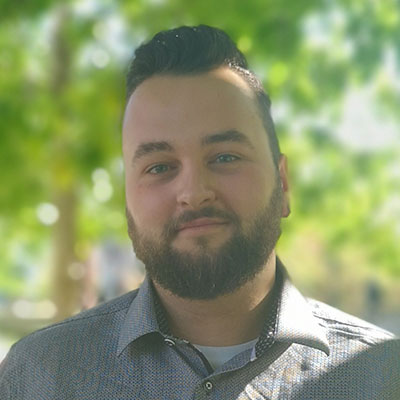Abram Lutes

Dependency theory, Latin American studies, social movements, hegemony and counter-hegemony, and political anthropology
Before beginning your studies at the Institute of Political Economy where did you study and what program(s) were you enrolled in?
I completed the interdisciplinary Bachelor of Philosophy program at Renaissance College, University of New Brunswick with minors in Anthropology and International Development Studies. I also completed two certificate programs, one in Teaching English as a Second Language through Oxford seminars services, and one in Pedagogy and Popular Education through the Center for Solidarity and Exchange
What is it specifically that attracted you to study Political Economy at Carleton?
I was drawn to the critical and interdisciplinary nature of a degree in Political Economy and the opportunity to mix and match a variety of questions and methodologies from across the social sciences.
My areas of research interest include…
Dependency theory, Latin American studies, social movements, hegemony and counter-hegemony, and political anthropology
What activities have you been involved in lately? (work placement, work experience, Undergraduate research, research positions, volunteer work, awards, travel, favourite books)
I am a Teaching Assistant for the Faculty of Public Affairs and am the union steward for CUPE 4600 for TAs working in Public Affairs. When I’m not working or organizing, I enjoy going to the gym, playing a match of chess, or cozying up with a good book or film.
I recently lived and worked in El Salvador with the Center for the Solidarity and Exchange where I was an English teacher, studied Spanish, and completed a certificate program in Pedagogy and Popular Education. I was also recently part of the RAVEN Summer Institute at the University of New Brunswick and am collaborating on a forthcoming book based on some of my work at RAVEN.
What advice would you give to a prospective Political Economy graduate student?
Make sure you’re studying something you enjoy, read texts closely and carefully, and talk with your professors and classmates about theory both in and outside the class.